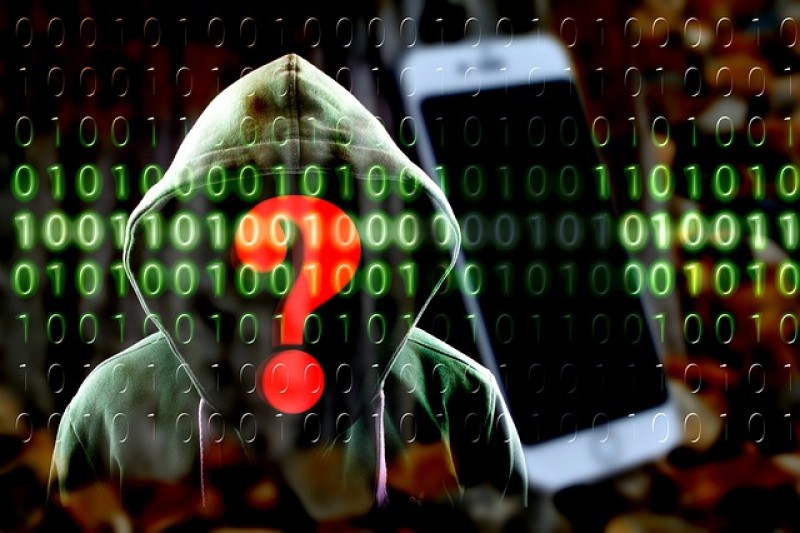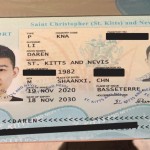The software was meant for criminals and terrorists, but Ebtisam Al-Saegh and Hala Ahed Deeb join the growing list of human rights activists and journalists worldwide found to have been targeted. The scandal erupted when reporters revealed the scheme last July in an investigation that became known as the Pegasus Project.
Al-Saegh of the Bahraini human rights and democracy organization Salam, was hacked at least eight times between August and November 2019, FLD’s forensic analysis of her phones revealed.
“Personal freedoms are over for me, they no longer exist. I am not safe at home, on the street, or anywhere,” she told FLD.
The phone of Ahed Deeb, a Jordanian human rights lawyer who defends women's rights, workers’ rights, and freedoms of opinion, expression and peaceful assembly in Jordan, had been infected with Pegasus in May 2021.
“Who is the party that used this program to hack my phone and violate the sanctity of my private life?!” Ahed Deeb tweeted following the revelations.
In their investigation, FLD urged Jordanian and Bahraini authorities to conduct an investigation into the targeted surveillance of the two human rights defenders, and also appealed to EU authorities to “raise concerns both publicly and privately with Jordanian and Bahraini authorities” over their targeted surveillance.
Since the Pegasus Project’s revelations, governments have condemned the spyware’s use on civil society actors, with U.K. lawmakers calling on the government to sanction the Israeli company behind the spyware, Apple filing a lawsuit against it and the U.S. blacklisting it.
And as NSO Group finds itself the subject of lawsuits and sanctions, more investigations continue to unveil how its spyware was used to target journalists and civil society actors.
Just days before FLD's investigation, Amnesty International confirmed that Pegasus was being used on a “massive scale” against journalists and members of civil society organizations in El Salvador.
“The use of Pegasus for the surveillance of communications in El Salvador reveals a new threat to human rights in the country. The authorities must stop any efforts to restrict freedom of expression, and conduct a thorough and impartial investigation to identify those responsible,” Americas director at Amnesty International, Erika Guevara-Rosas, said in a statement.






